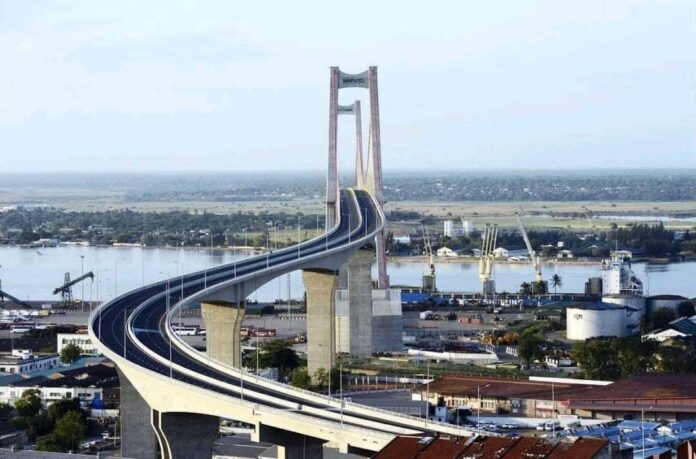Mozambique is facing a significant crackdown on social media platforms as tensions rise ahead of protests against disputed election results.
Reports indicate that popular platforms like Facebook, Instagram, and WhatsApp are experiencing restrictions.
This is the second time in just one week that such measures have been implemented, according to NetBlocks, a London-based organization that monitors internet governance.
The timing of the restrictions is crucial as opposition leader Venancio Mondlane of the Podemos party has called for a nationwide strike.
This strike is scheduled to run from October 31 to November 7 and aims to protest the results of the recent presidential election.
Tensions Rise in Mozambique
Mondlane, a prominent figure in the opposition movement, has been vocal about the need for electoral reforms and greater transparency.
The strike reflects growing dissatisfaction among the citizens of Mozambique regarding the election process.
“Confirmed: Live metrics show restrictions to social media and messaging platforms in #Mozambique,” NetBlocks reported on its X account.
The statement added that these incidents follow mobile data disruptions that occurred last week.
As protesters prepare to take to the streets, the capital, Maputo, has turned into a ghost town.
Reports indicate that many residents have stayed indoors out of fear of police reprisals.
Police Warnings and Government Responses
The police have been active in warning the public against participating in protests.
Text messages were sent to residents, including journalists, urging them to avoid acts of “sabotage.”
The public prosecutor also emphasized that while protesting is a “fundamental right,” any actions that cause damage would be met with punishment.
This heavy-handed approach raises concerns about the government’s commitment to upholding democratic principles.
Residents are left wondering if their voices will be heard amidst increasing repression.
Disputed Election Results
The political climate in Mozambique has been tense since the October 9 presidential election.
Last week, the electoral commission announced that Daniel Chapo, a member of the ruling Frelimo party, won with 70 percent of the vote.
Mondlane, on the other hand, garnered only 20 percent, leading to accusations of fraud and irregularities.
The Frelimo party has been in power for 49 years, making the results particularly contentious.
Opposition parties, including Podemos, have called the legitimacy of the election into question.
“After the results were announced, we saw immediate protests from opposition supporters,” said one resident, Pedro Mavunda.
“Many people were angry and felt cheated.”
Violence and Human Rights Concerns
Protests erupted following the announcement of the results, leading to violent confrontations with security forces.
Human Rights Watch reported that at least 11 people were killed by police during the unrest on October 24 and 25.
More than 50 others were injured during the protests, highlighting the risks citizens face when voicing their dissent.
“The use of excessive force against peaceful protesters is unacceptable,” said a spokesperson for Human Rights Watch.
“There must be accountability for those responsible for these atrocities.”
International Observers’ Concerns
International observers have voiced serious concerns regarding the integrity of the election.
The European Union has noted multiple flaws before, during, and after the voting process.
These irregularities include reports of vote tampering and intimidation of opposition supporters.
The atmosphere of fear and distrust surrounding the election has only intensified calls for reform.
“It’s clear that the people of Mozambique are demanding change,” stated one political analyst.
“They want a government that truly represents them, not one that silences dissent.”
Mondlane’s call for a nationwide strike is seen as a pivotal moment for the opposition.
His insistence on a unified front against the government could mobilize many citizens who feel disenfranchised.
In a recent statement, Mondlane said, “We will not back down. The people deserve to be heard, and we will fight for our rights.”
Many supporters are rallying behind him, hoping to instigate real change in the political landscape.
The upcoming protests could be a crucial turning point in the struggle for democracy in Mozambique.

